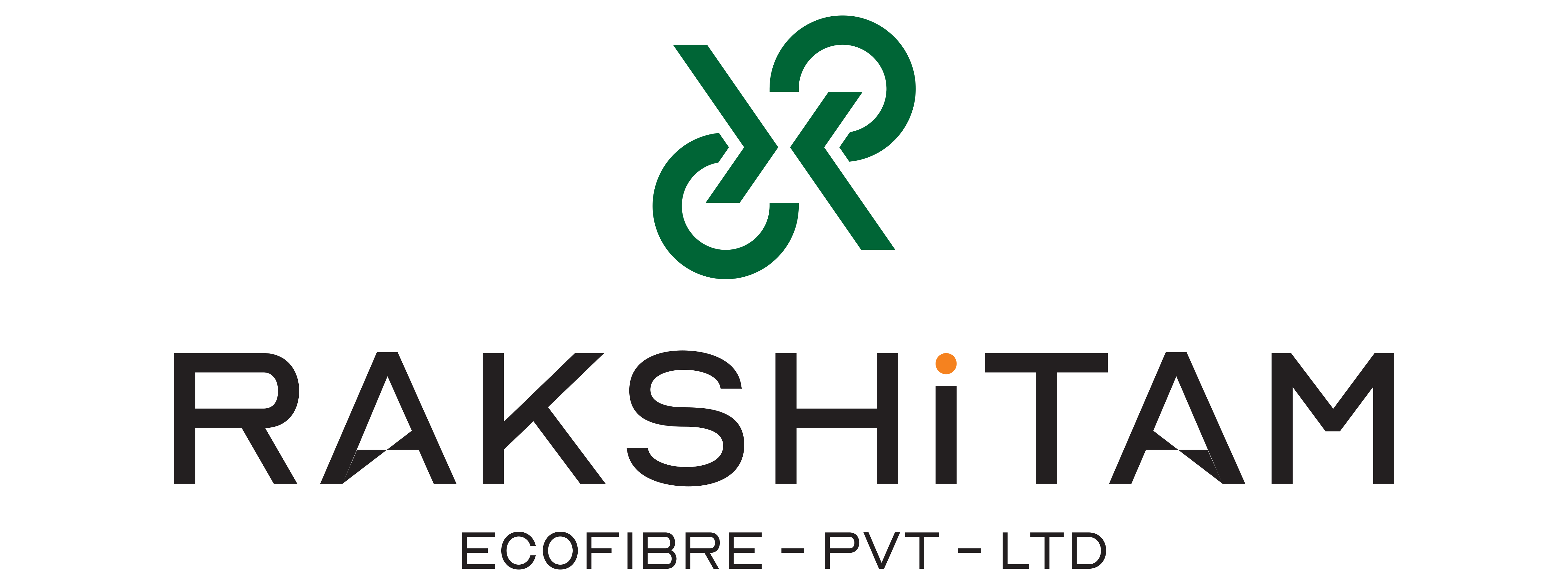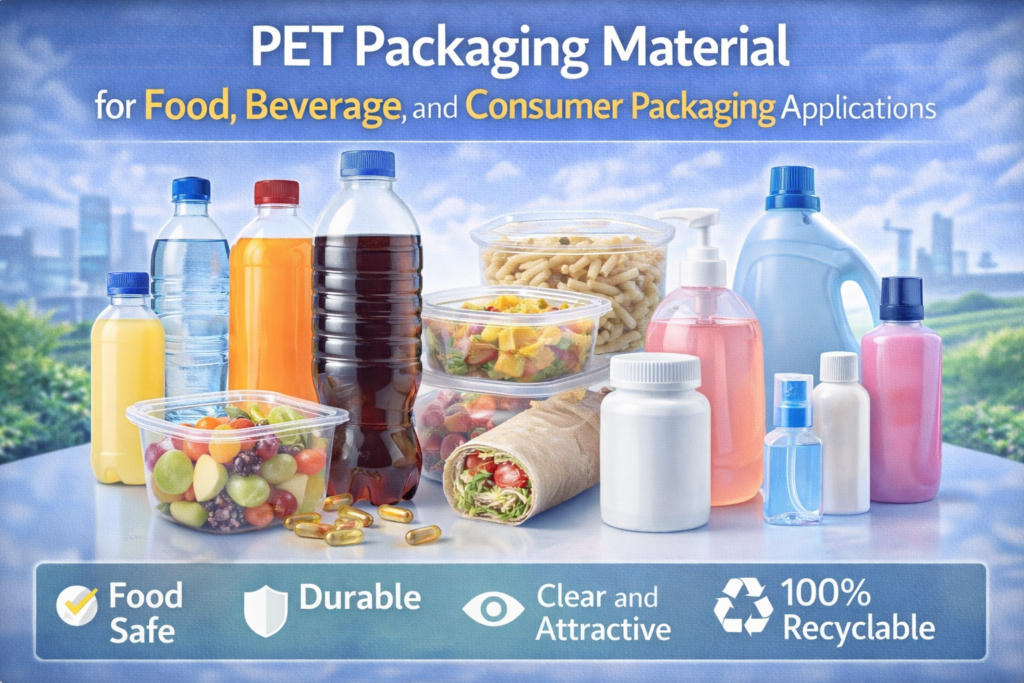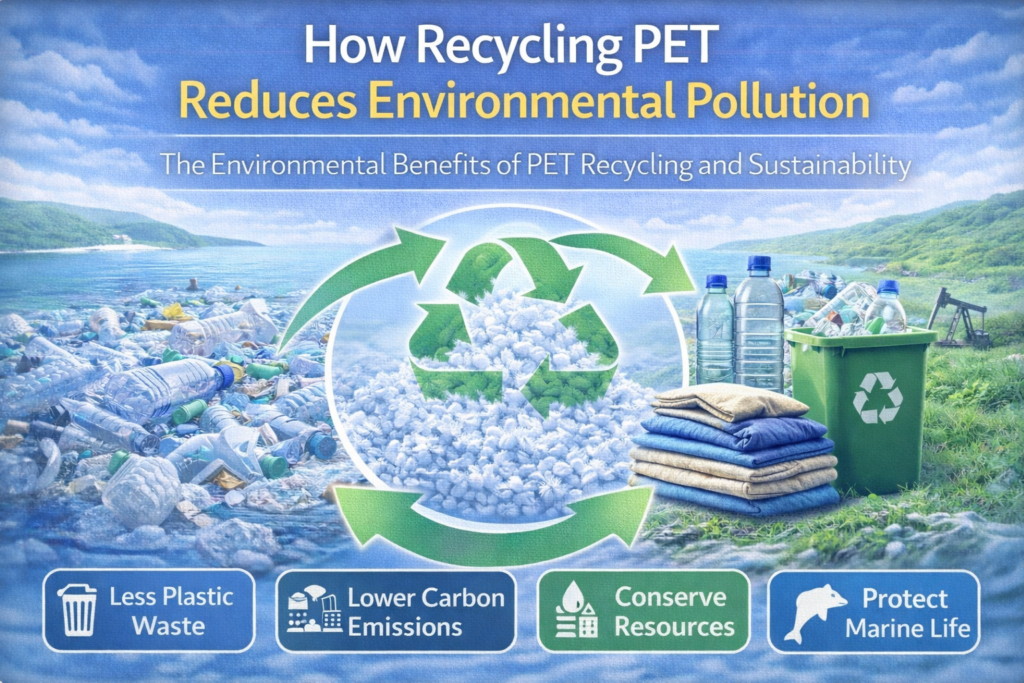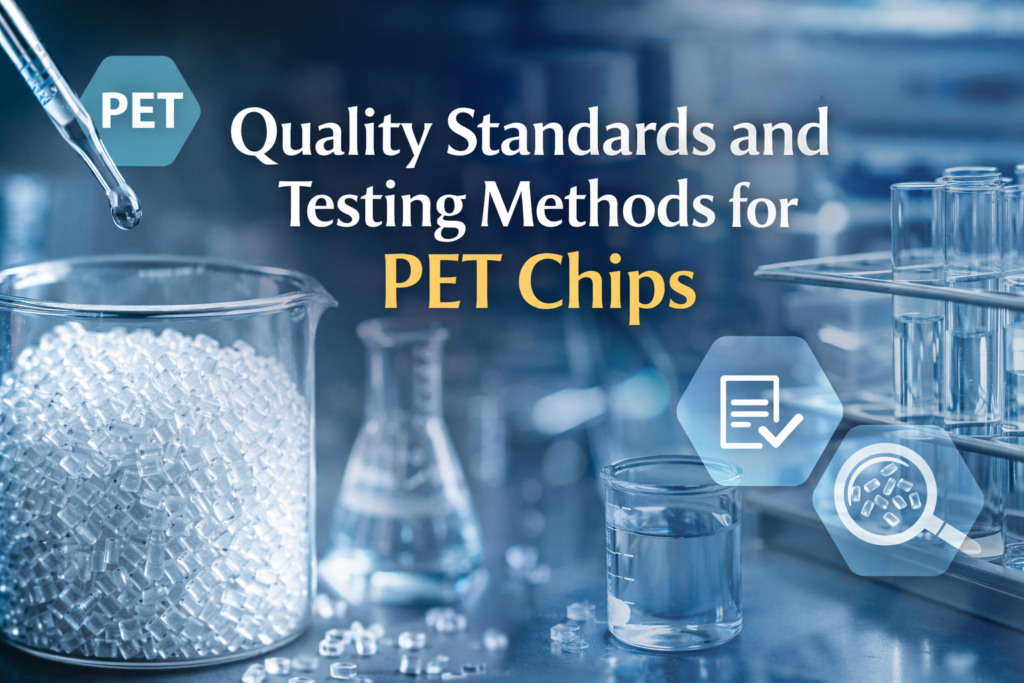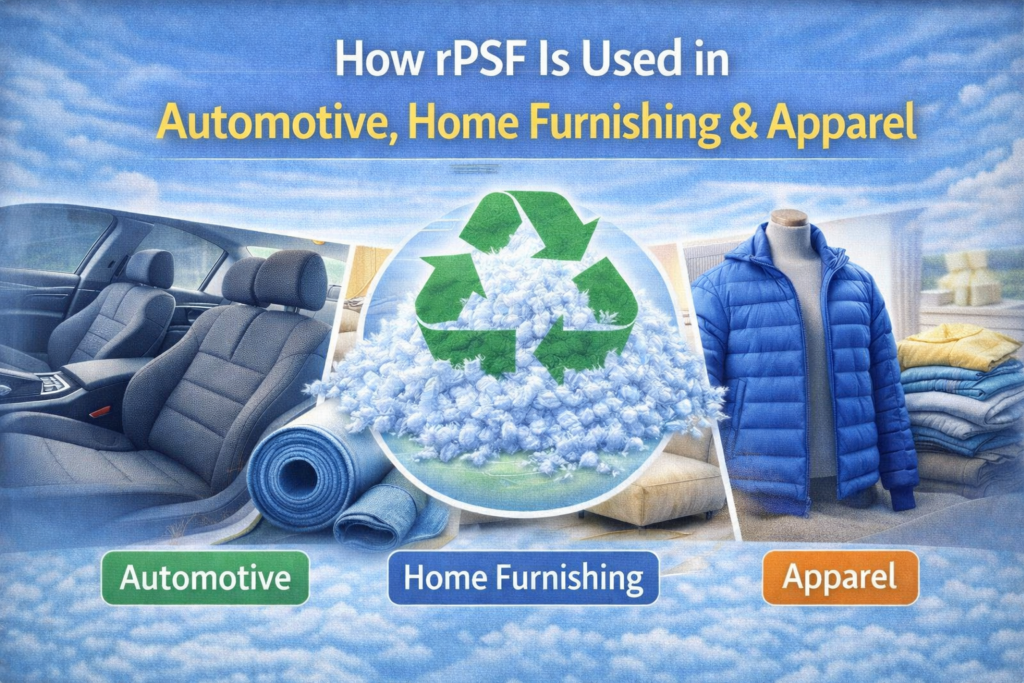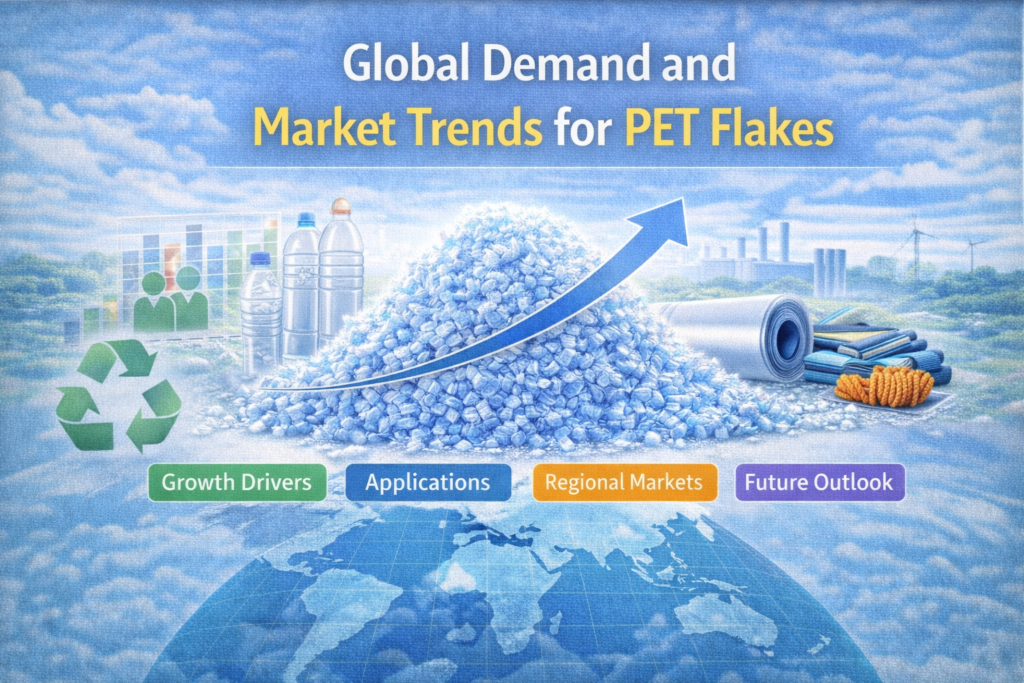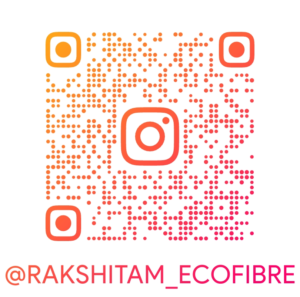The international trend towards sustainability has turned rPET White Flakes into the most sought-after raw material in the recycling and textile markets. Produced from recycled PET bottles and other PET trash, the flakes undergo processing, washing and turn into premium recycled polyester commodities. Knowing what the rPET white flakes are, what they entail, and the multitude of industries they can be applied to is necessary for companies, producers, and eco-friendly buyers.
What Are rPET White Falakes?
rPET White Flakes are recycled polyester products resulting from the washing, shredding, and processing of used PET bottles or plastic waste. “White” indicates their naturally clear-to-white color after thorough washing and decontamination. These flakes are mainly the raw material for making recycled polyester staple fiber (RPSF), polyester filament yarn (PFY), PET sheets, and packaging materials.
They are commonly used as they provide an equilibrium between quality, cost, and sustainability. Through the replacement of virgin PET, rPET white flakes minimize carbon emissions, conserve energy, and promote the circular economy.
Properties of rPET White Flakes
The properties of rPET white flakes depend on the sorting (or) cleaning of the flakes, and the processing technology employed on them. The main properties are as follows:
- Purity: High-quality flakes contain no PVC, metals, or other impurities.
- Color: White or clear flakes are ideal since they can be dyed easily or processed into transparent goods.
- Moisture Content: Low moisture content means improved processing and increased strength in the end product.
- Intrinsic Viscosity (IV): Determines the strength and durability of recycled fibers or sheets produced from the flakes.
- Eco-Friendly: Produced from post-consumer waste, they help decrease landfill and ocean plastic pollution.
Recycling Process of rPET White Flakes
The manufacturing of rPET white flakes involves a step-by-step recycling process:
- Collection & Sorting: PET bottles used are gathered and sorted apart from other plastics or garbage.
- Label & Cap Removal: Bottles are freed from caps, labels, and adhesives to maintain purity.
- Washing: Chemical and hot water washing eliminate impurities, dirt, and glue.
- Shredding: Clean bottles are shredded into flakes of small size.
- Drying & Packaging: Flakes are dried, inspected for quality, and packaged for industrial application.
Certain state-of-the-art recycling facilities also employ food-grade recycling technology to generate flakes appropriate for direct food-contact purposes like beverage bottles.
Uses of rPET White Flakes
rPET white flakes are extremely versatile and find application in industries:
1.Textile Industry:
- Manufacturing of Recycled Polyester Staple Fiber (RPSF) for yarn and fabrics.
- Making garments, upholstery, carpets, and non-woven fabrics.
2.Packaging Industry:
- PET sheets, containers, and thermoformed packaging.
- Food-grade uses (water, soft drinks, and edible oil bottles).
3.Automotive Industry:
- Applied to carpets, seat covers, insulation, and interior textiles.
4. Construction & Industrial Application:
- Insulation products, strapping wraps, and plastic parts.
5. Sustainability Initiatives:
- Green-branded packaging and recycled fashion collections.
Why Companies Select rPET White Flakes
- Affordable Substitute: Less expensive than virgin PET without reducing quality.
- Green Branding: Brands can emphasize eco-friendliness by integrating rPET into products.
- Government Regulations: Most regions promote or mandate the inclusion of post-consumer recycled content within packaging and textiles.
- Consumer Behavior: Consumers, as of late, prefer and actively purchase products from brands that promote sustainability and use recycled materials.
Also Read: What is Denier in Recycled Polyester Staple Fiber (RPSF) & Its Applications
Conclusion
rPET White Flakes fill a void as highly recycled polymers that enhance sustainability within the textile, packaging, and other industrial value chains. They possess unique and outstanding properties, have abundant applications, and are made from environmentally safe recycling processes. Thus, they are a safe and reliable option for the environment.
